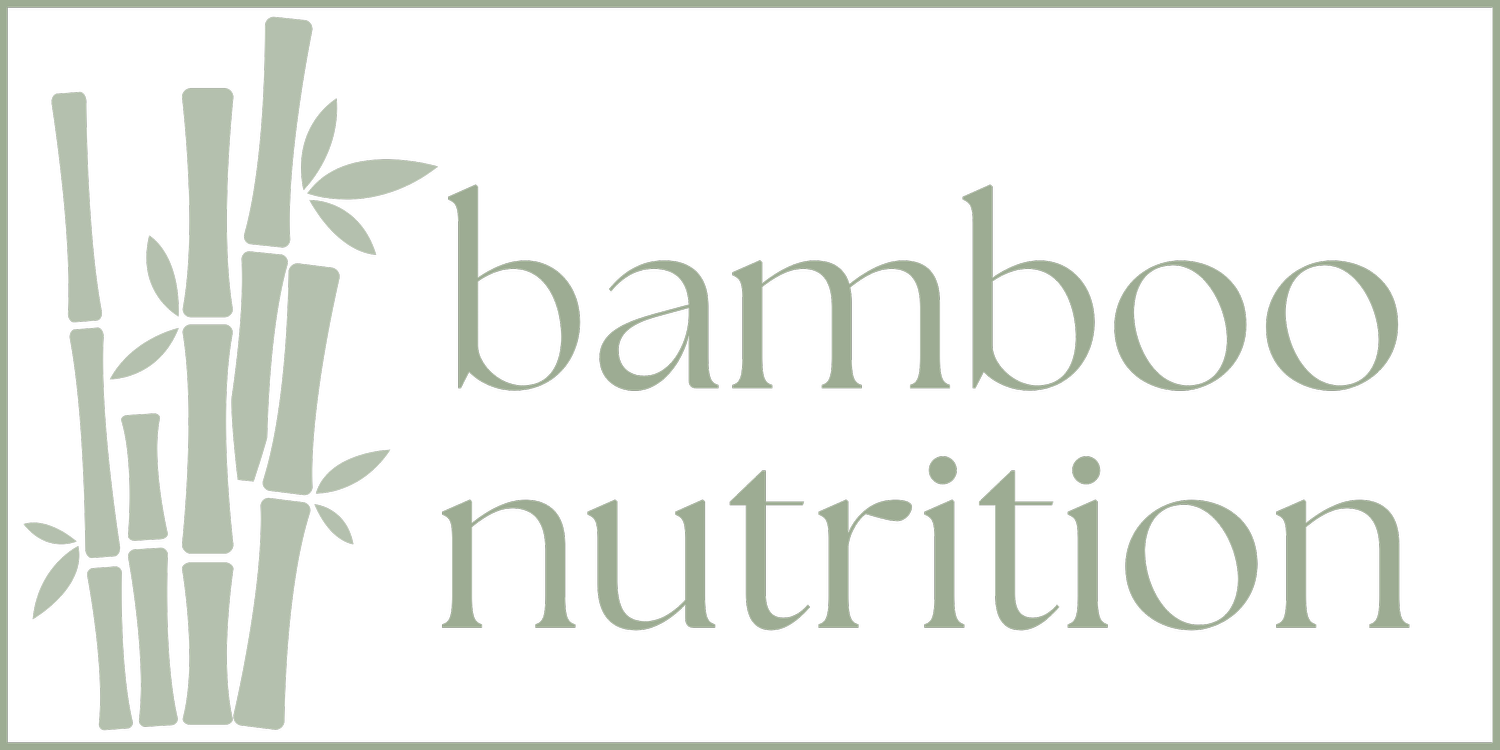ADHD diagnosis and stimulant medication prescription is slowly increasing overtime. Most of these diagnoses and prescriptions come from the pediatrician. The FDA approved the minimum age for most stimulants is 6 years old.
Mental health diagnoses in the pediatric population commonly included ADHD, Depression, and Anxiety. Although Depression and Anxiety are treated with SSRI’s rather than a stimulant medication as in ADHD, children may still have side effects pertaining to their nutritional intake.
Case Study - Pediatrics, 2015 [1]
Joey, a 6-year-old, 20-kg boy, presents to his pediatrician, Dr Smith, with complaints of significant hyperactivity, impulsivity, and defiance that are problematic in the classroom and at home. Presentation in the office and parent and teacher Vanderbilt rating scale scores* are consistent with a diagnosis of ADHD, and other medical, psychiatric, and learning issues are ruled out. Dr Smith provides psychological education about ADHD, refers for parent management training, and recommends school accommodations for classroom symptoms. After ensuring no contraindications, he prescribes dexmethylphenidate extended release (ER) (Focalin XR) 5 mg every morning (qAM).
At subsequent weekly or biweekly follow-ups, the dose is titrated to 10, 15, and 20 mg qAM based on parent and teacher Vanderbilt scores demonstrating little or no improvement. At the fourth follow-up, Dr Smith switches to amphetamine/dextroamphetamine ER (Adderall XR) 20 mg, after which parent and teacher report notable improvement in hyperactivity and impulsivity, although Joey experiences appetite suppression. Dr Smith counsels on high-protein and high-calorie nutrition, but Joey’s weight decreases to the point of crossing a weight percentile. The amphetamine/dextroamphetamine ER dose is decreased to 15 mg then to 10 mg over subsequent visits; although Joey’s appetite and weight improve toward baseline, Vanderbilt scores demonstrate return of hyperactivity and impulsivity, although not to the degree of severity of initial presentation. Dr Smith augments amphetamine/dextroamphetamine ER 10 mg qAM with guanfacine ER (Intuniv) 1 mg at bedtime (qHS).
Three weeks later, parent and teacher Vanderbilt scores endorse satisfactory ADHD symptom management, which is maintained through the remainder of the school year, and Joey’s weight gain follows an age-appropriate trajectory.
__________________________________________________________________________________________
Cases like Joey’s are very common when first addressing the mental diagnosis with medication. Finding what medication best suits your needs is a slow process to ensure the side effects are minimized. One of the side effects evident in Joey’s case was suppressed appetite. During a period in Joey’s life where he is still growing and developing, it is extremely important for him to follow his natural weight/height trajectory. When children are growing, they should not be losing weight. Weight loss can lead to developmental delays, including delayed onset of puberty, stunted growth, and stagnant bone growth. To prevent these serious symptoms from occurring, it is important to discuss intake and nutrition with your pediatrician and psychiatrist. If needed, get a registered dietitian involved in your child’s care to address strategies to ensure your child is eating enough to follow their age-appropriate trajectory.
[1] Southammakosane, C., & Schmitz, K. (2015). Pediatric Psychopharmacology for Treatment of ADHD, Depression, and Anxiety. Pediatrics, 136(2), 351–359. doi: 10.1542/peds.2014-1581





